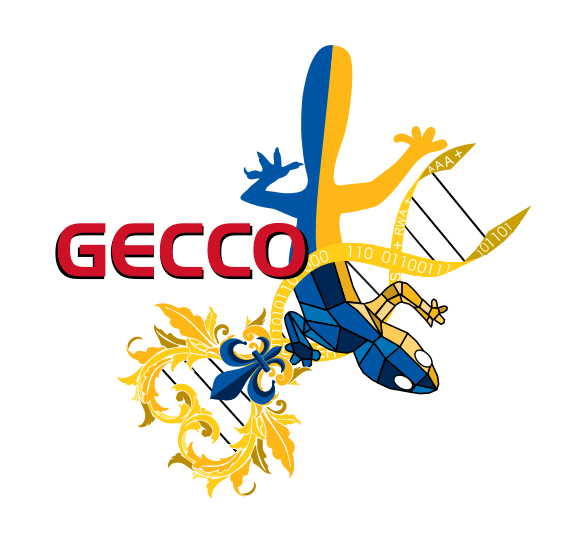No matter how well designed your production plants are – if your production schedules are not top-notch, you will lose time and money. Today, production scheduling is often done manually, which is tedious, expensive, and inefficient. Most approaches for the automatic generation of optimal production schedules have so far only had limited success in industrial applications.
Three years ago, the OptiProd.NRW consortium set out to develop a novel software tool for the automatic generation of optimal production schedules with a clear focus on its practical application. We were successful – the new tool lets you generate high-quality production schedules with the click of a button even for the most complex of plants. The tool achieves this by employing Digital Twins by INOSIM that are infinitely customizable to the complexities of industrial plants and thus lead to schedules that will just work – no need for expensive, error-prone, and time-consuming manual modifications.
On December 15, 2022, the OptiProd.NRW project held a public final workshop (both online and at the INOSIM offices in Dortmund). Its objective was to discuss the current state of the art of optimal production scheduling solutions and the challenges and benefits of their industrial deployment. The event was attended by almost 80 experts from potential end user companies of the OptiProd.NRW software, as well as engineering service providers and academic researchers. Impulse talks from leading industrial and academic experts from Bayer, BASF, and TU Dortmund provided different perspectives on the topic, and the OptiProd.NRW consortium gave an in-depth overview of their new simulation-driven software solution for the automatic generation of optimal production schedules that has been tailored to address the key challenges that arise in the industrial deployment of such solutions. The system was demonstrated on a complex industrial formulation plant of Bayer AG and other challenging industrial use cases.
Fueled by this overwhelming display of interest in the OptiProd.NRW scheduling software, INOSIM Group aims to commercialize the new solution within the near future, in close cooperation with project partner Bayer AG and other innovative producers. Be part of this exciting journey – contact us if you want top-notch scheduling of your production.
The publicly funded OptiProd.NRW project ran 3 years (from January 2020 to December 2022), and the project is funded with a total amount of around € 690,000, with € 420,000 provided by the European Regional Development Fund (ERDF) and € 270,000 by the German federal state of North Rhine-Westphalia.
Would you like to learn more about this project? Are you looking for an innovative SME as research partner? Please contact us.














